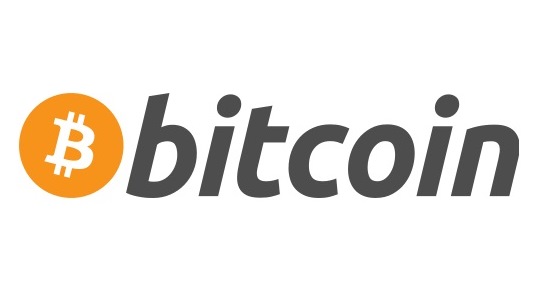Banking, finance, and taxes
FINRA Offers Dire Warning to Bitcoin Owners -- or Victims
Published:
Bitcoin has a new agent working against it, sort of. FINRA, the Financial Industry Regulatory Authority, has issued a new investor alert against Bitcoin. If you want to know how favorable or unfavorable it is, the title “Bitcoin: More Than a Bit Risky” should probably give the direction away.
FINRA says that this warning is to caution investors that buying and using digital currency such as Bitcoin carry risks. Really? You mean a “currency” that falls from over $1,000 per unit down to $600 in short order is not normal? Or that two trading exchanges that have effectively died now is not normal?
FINRA is the largest independent regulator for all securities firms doing business in the United States. The warning says:
While speculative trading in bitcoins carries significant risk, there is also the risk of fraud related to companies claiming to offer Bitcoin payment platforms and other Bitcoin-related products and services.
24/7 Wall St. would warn readers that FINRA’s is not the only warning that has been made. Other regulators have warned about Bitcoin as well. FINRA went on to say:
The threat of Bitcoin-related fraud is a real danger for investors looking to make a quick profit from Bitcoin. For example, on February 19, 2014, the SEC suspended trading in the securities of Imogo Mobile Technologies Corp, which had announced testing of a new mobile platform for Bitcoin a few weeks earlier.
So, many Bitcoin users hate banks, and they see this as a new peer-driven currency that knows no borders. So, what do you do when your bitcoins are hacked? Even if you are among the many who hate Chase, Bank of America and other big banks that avoided implosion only because of billions of dollars worth of taxpayer bailouts, go try to call the Bitcoin customer service hotline. Oh, wait, there is none. Then ask your institution to refund your hacked money. Again, that will not happen.
FINRA went on to warn that the platforms that buy and sell bitcoins can be hacked, and some have failed. FINRA said:
In addition, unlike U.S. banks and credit unions that provide certain guarantees of safety to depositors, there are no such safeguards provided to bitcoins residing in so-called “digital wallets.”
Now ask yourself this: can you honestly trust a currency when no one knows who really made it? Anyhow, you probably get the idea. Bitcoin is not just risky. You are potentially risking that your real currency, and money can magically go “poof” after you convert it to a digital currency.
No virtual currency to date has lived up to its potential. What Bitcoin is proving is that it is an idea whose time has come. That idea just needs to be in some regulated form that keeps its exchanges and its currency owners from asking where their money went and who they should call for help. As a reminder, neither FINRA nor any other regulatory body can actually help protect Bitcoin buyers and sellers as of now.
FINRA’s full formal warning is here.
Retirement can be daunting, but it doesn’t need to be.
Imagine having an expert in your corner to help you with your financial goals. Someone to help you determine if you’re ahead, behind, or right on track. With SmartAsset, that’s not just a dream—it’s reality. This free tool connects you with pre-screened financial advisors who work in your best interests. It’s quick, it’s easy, so take the leap today and start planning smarter!
Don’t waste another minute; get started right here and help your retirement dreams become a retirement reality.
Thank you for reading! Have some feedback for us?
Contact the 24/7 Wall St. editorial team.